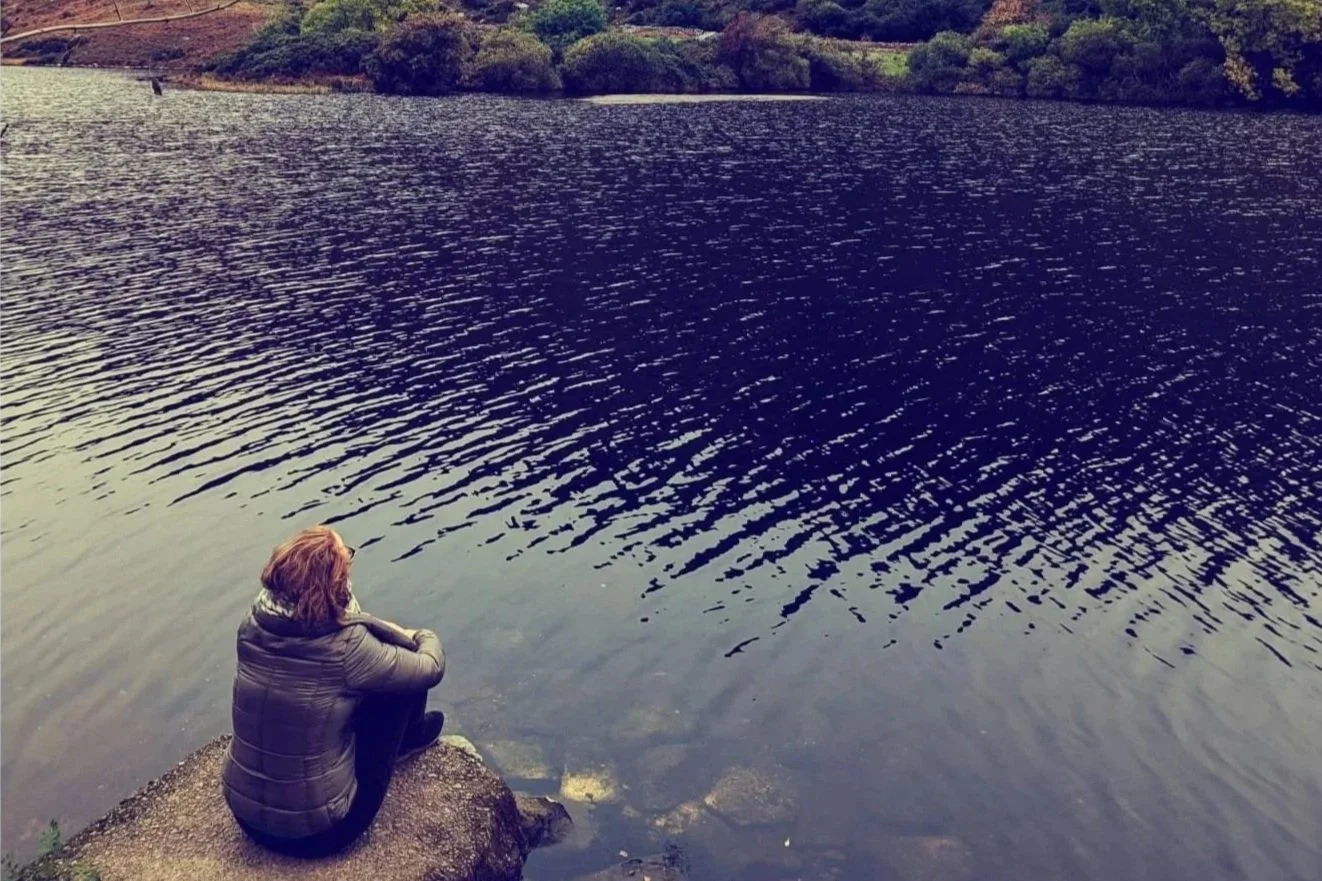Writing is Healing
When I lost my mom, Tama, I lost more than a parent.
I lost my home base. My biggest cheerleader.
She was the one who helped me believe this work mattered. That helping people find their voice — at any age — was sacred. That stories could save us.
After she died, I didn’t know how to talk about it.
But I could write. And so I did. Not for anyone else. Just for me.
And through that, something shifted: the grief didn’t go away — but it had somewhere to go.
That’s what writing can do.
It gives our feelings a direction. A place to land.
A way to move instead of staying stuck.
I’ve seen it happen in others, too. In the most unexpected ways.
One of my teenage students, during our very first summer of Novel Camp, had a history of self-harm. I didn’t know that at the time. But months later, at our Conferring Ceremony, her mom pulled me aside.
She said, “My daughter’s life changed because of this.”
Her daughter had stopped harming herself during camp. And she hadn’t gone back to it.
Why? Because now, when she felt something too big to hold — she wrote.
She wrote every day. She put her pain on paper. She gave it shape. She gave it language.
And in doing that, she gave herself space to heal.
“She said she didn’t need to hurt herself to feel anymore.”
That will stay with me forever.
There’s real science behind this.
According to research from Dr. James Pennebaker, the pioneer of expressive writing therapy, writing about emotional experiences for just 15–20 minutes a day can:
Boost immune function
Lower stress hormones
Improve sleep
Reduce symptoms of anxiety and depression
Increase working memory and cognitive function
A 2021 meta-analysis confirmed that expressive writing has a significant effect on mental health and wellbeing, especially for those processing trauma or transition.
Writing doesn’t just help us “get it out.”
It helps us organize it. Understand it.
It rewires the brain toward meaning-making.
And right now, the need is more urgent than ever.
Grief is on the rise.
So is loneliness.
So is anxiety.
We are watching whole generations of young people disappear into scroll-mode — into comparison, consumption, paralysis.
We don’t just feel overwhelmed. We feel frozen.
Even the term doom scrolling reflects that: passive intake, rising dread, emotional shutdown.
Writing melts that freeze.
It’s active. It’s brave. It’s connective.
It asks: What are you carrying? And how can you let it move through you instead of stay inside you forever?
And when writing happens in community?
That’s where the real magic begins.
Because pain doesn’t just need expression. It needs witness.
It needs other people to say: I see you. I hear you. Me too.
That’s what we build at A Novel Idea — not just writing programs, but places where people feel safe enough to be honest. To get messy. To tell the truth. To keep going.
It’s a practice. A way of being.
This isn’t a product. It’s a healing.
And it isn’t just for kids. It’s for all of us.
👉 Want to write with us?
Woven: A Story Retreat October 2025
Tiny Stories
Or just reach out to me.
You don’t have to know where to start. You just have to start.
Your story is already worthy.
Write it down.
Say more.
We’ll listen.

